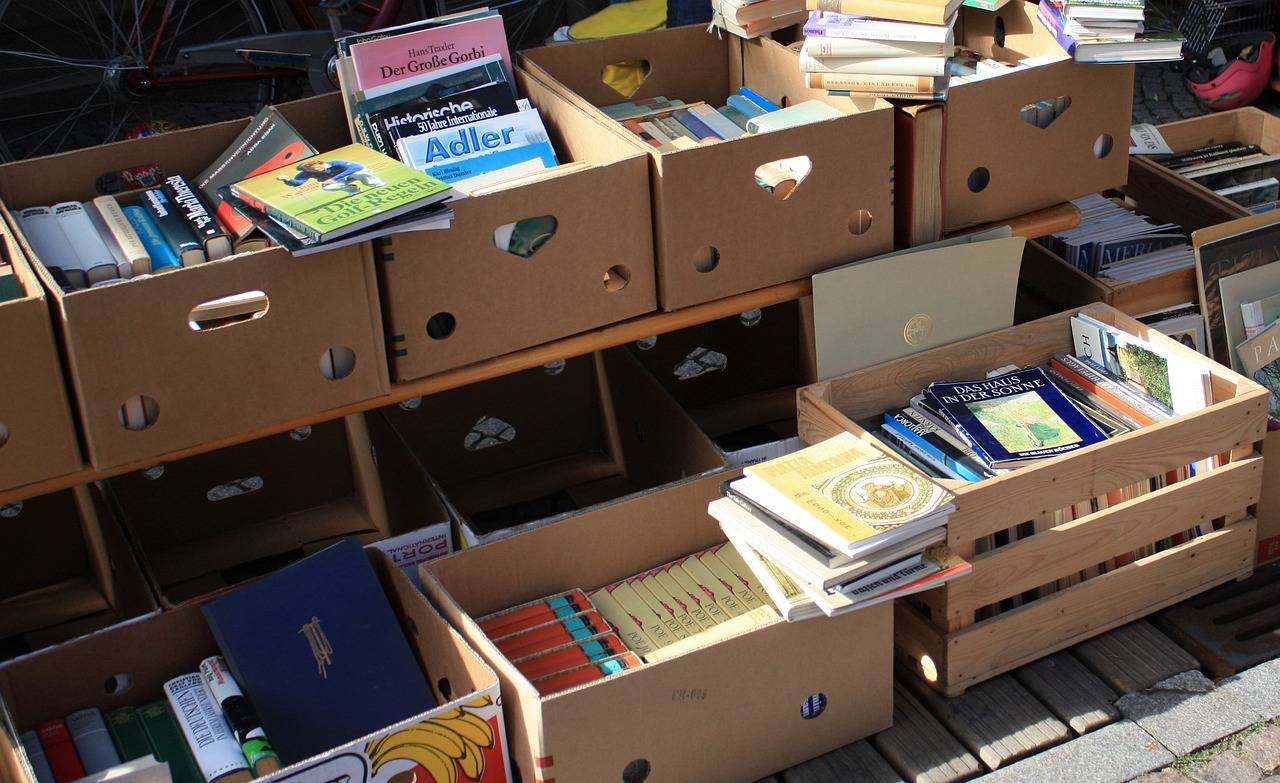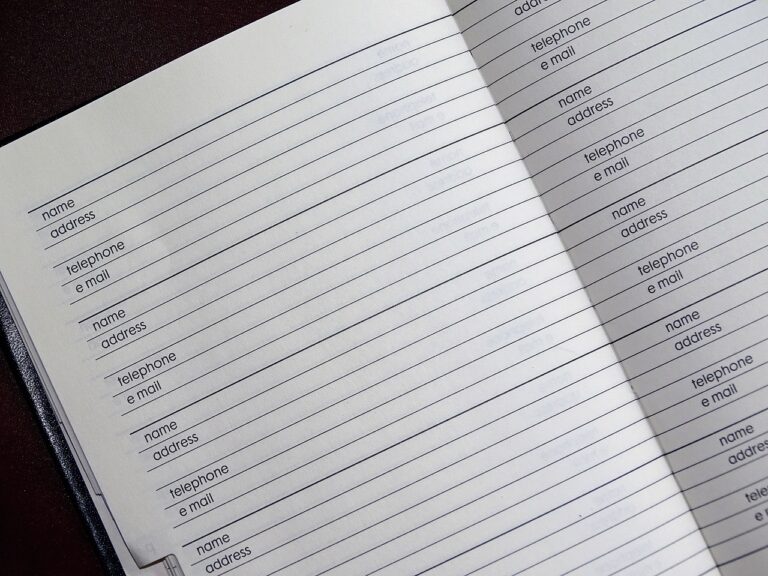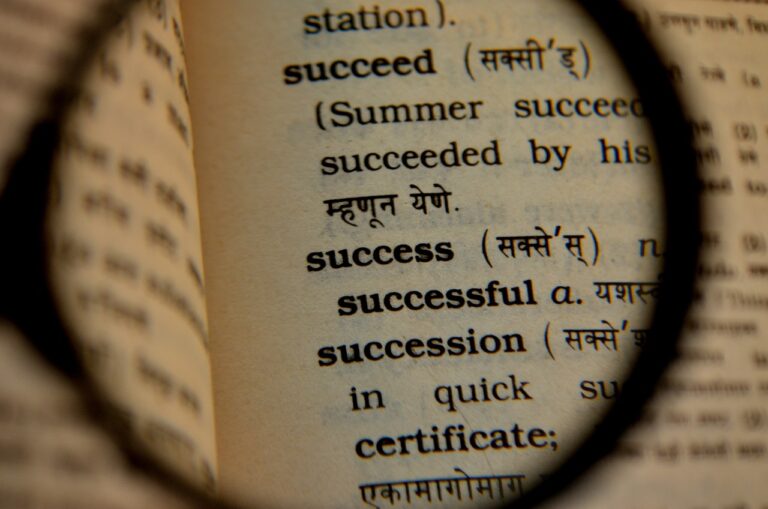Early Literacy Development Strategies for Preschool Teachers: Betbhai9 id whatsapp number, Playexch login, Lotus 365 win
betbhai9 id whatsapp number, playexch login, lotus 365 win: As a preschool teacher, you play a crucial role in laying the foundation for children’s literacy development. Early literacy skills are essential for future academic success, so it’s important to implement effective strategies in your classroom. In this article, we’ll explore some key strategies that can help you support and enhance the literacy development of your preschool students.
Creating a Literacy-Rich Environment
One of the most important ways to promote early literacy skills is by creating a literacy-rich environment in your classroom. This means providing access to a wide variety of books, both fiction and non-fiction, as well as writing materials such as markers, crayons, and paper. Displaying alphabet charts, word walls, and other literacy resources can also help immerse children in language and print.
Reading Aloud
Reading aloud to children is a powerful way to enhance their literacy skills. Choose a diverse selection of age-appropriate books and make a habit of reading to your students every day. Encourage active listening by asking questions, making predictions, and discussing the story with the children. Reading aloud helps children develop vocabulary, comprehension, and a love of reading.
Phonological Awareness Activities
Phonological awareness is the ability to hear and manipulate the sounds in spoken language. Engaging children in activities such as rhyming games, sound matching, and segmenting words can help develop this important skill. Encourage children to play with language and sounds through songs, chants, and wordplay.
Letter Recognition and Printing Practice
Helping children recognize letters and practice printing can strengthen their early literacy skills. Provide opportunities for children to explore letters through alphabet puzzles, letter matching games, and tracing activities. Encourage children to write their names, create labels for their artwork, and engage in other writing tasks.
Sight Words and Vocabulary Building
Introducing sight words and building vocabulary are essential components of early literacy development. Create word walls with high-frequency sight words and incorporate new vocabulary words into daily activities. Engage children in conversations, storytelling, and word games to expand their language skills.
Family Involvement
Family involvement is crucial in supporting children’s literacy development. Encourage parents to read with their children at home, provide resources for literacy activities, and communicate regularly about their child’s progress. Collaborate with families to reinforce literacy skills and create a cohesive learning experience.
FAQs
Q: How can I assess children’s literacy skills in preschool?
A: Assessment can be done informally through observation, conversations, and work samples. Keep anecdotal notes, use checklists, and engage in one-on-one assessments to gauge children’s literacy progress.
Q: What if a child is struggling with literacy skills?
A: Provide targeted support through individualized instruction, small group activities, and differentiated learning experiences. Collaborate with a speech therapist or special education professional if needed.
Q: How do I make literacy learning fun for preschoolers?
A: Incorporate play-based activities, hands-on experiences, and interactive games into your literacy instruction. Keep learning engaging and enjoyable to foster a love of reading and writing.
In conclusion, implementing these early literacy development strategies can help you create a rich learning environment that supports young children in developing strong literacy skills. By fostering a love of reading, language, and communication, you can set your preschoolers on the path to success in school and beyond.







